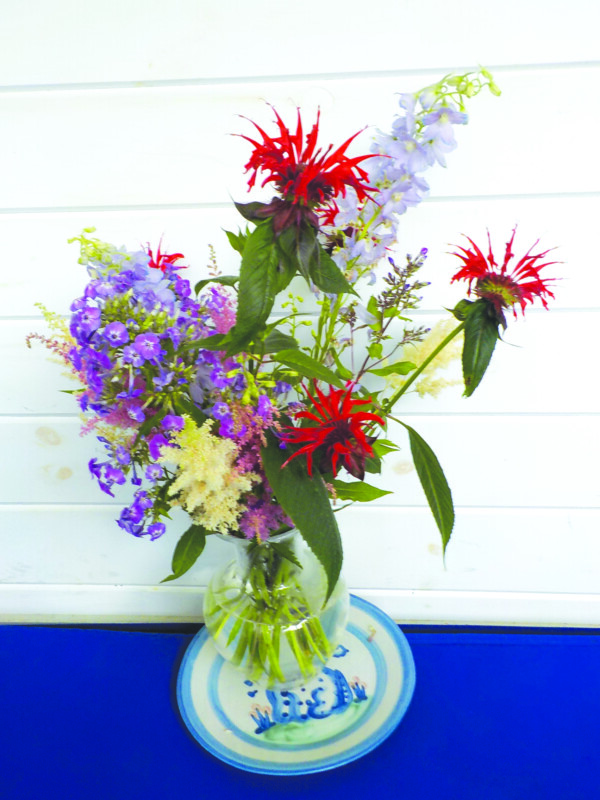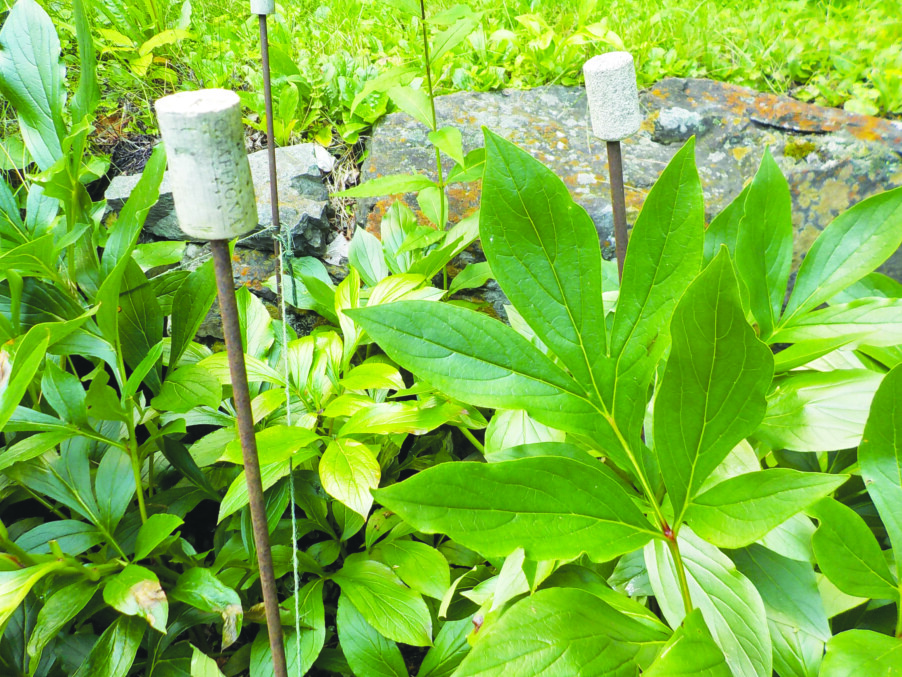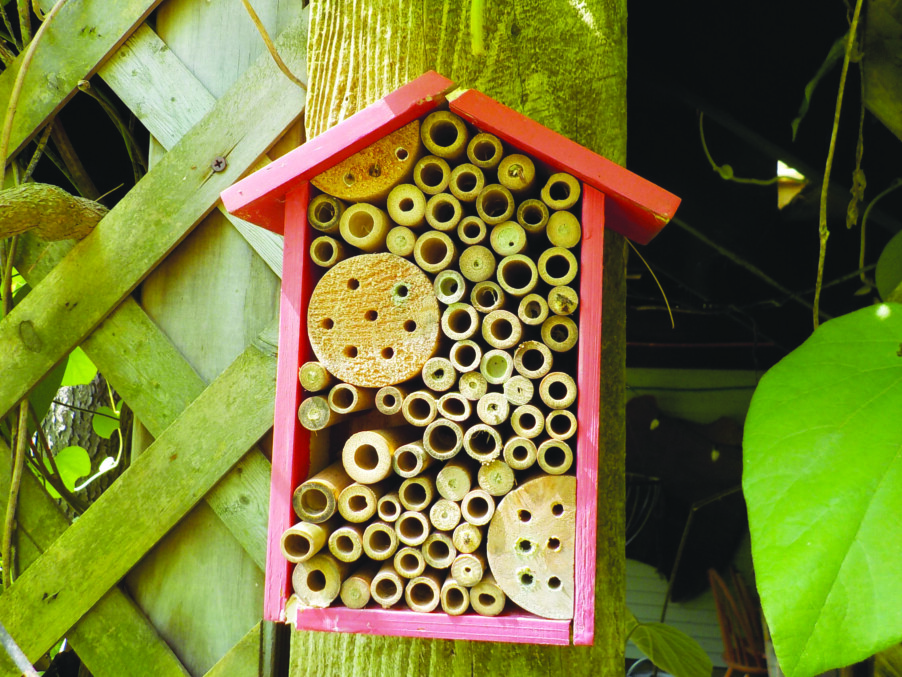Family fun for the weekend
Game time
• The Nashua Silver Knights, playing in the Future Collegiate Baseball League of New England, have their next home game at Holman Stadium (67 Amherst St. in Nashua) on Thursday, July 20, at 7 p.m. vs. the Brockton Rox. Single game tickets cost $10; see nashuasilverknights.com.
Showtime
• The 2023 Bank of New Hampshire Children’s Summer Series at The Palace (80 Hanover St., Manchester, palacetheatre.org) continues with Rapunzelthrough Friday, July 21, and Peter Pan July 25 through July 28. Children’s Series productions have shows Tuesday through Thursday at 10 a.m. and 6:30 p.m., and Friday at 10 a.m.Tickets cost $10.
• Head Into the Woodswith RB Productions at the Chubb Theatre (44 S. Main St., Concord, ccanh.com) on Friday, July 21, and Saturday, July 22, at 7 p.m. Tickets cost $18.75 for adults, $15.75 for students and seniors.
• See the Kidz Bop Kidz on their “Never Stop Live Tour”on Sunday, July 23, at 4 p.m. at the Bank of New Hampshire Pavilion (72 Meadowbrook Lane, Gilford, banknhpavilion.com). Tickets start at $29.
• The Smirkus comes to town! Circus Smirkus will bring its traveling show to the High Mowing School (222 Isaac Frye Highway in Wilton) with “A Midsummer Night’s Circus” on Monday, July 24, at 1 and 6 p.m. and Tuesday, July 25, at 1 and 6 p.m. Tickets cost $35 for ages 13 and over and $20 for children ages 2 to 12. See smirkus.org.
• Mr. Aaron will perform at the Manchester City Library (405 Pine St. in Manchester; manchester.lib.nh.us) Thursday, July 27, from 6 to 7 p.m. A familiar performer at family-friendly music events, Mr. Aaron has a packed schedule of appearances at area libraries and other locations. See mraaronmusic.com.
On the big screen
• O’neil Cinemas’ (24 Calef Hwy., Epping, 679-3529, oneilcinemas.com)Summer Kids Series screenings on Monday, July 24, and Wednesday, July 26, at 10 a.m. will be 2021’s Sing 2(PG) featuring the voices of Reese Witherspoon, Taron Egerton and Scarlett Johansson. Tickets cost $3 and the theater has an $8 popcorn-and-drink combo as well.
• The Summer Movie Express Series lineup at Regal Cinemas in Concord (282 Loudon Road in Concord) for Tuesday, July 25, and Wednesday, July 26, is Paws of Fury: The Legend of Hank(PG, 2022) and Sing 2. Tickets cost $2. The movies screen at 2 p.m.
Outdoors
• Pumpkin Blossom Farm (393 Pumpkin Hill Road in Warner; pumpkinblossomfarm.com) continues its lavender you-pick daily through July 23, from 10 a.m. to 6 p.m. (check with the website before you head out to see if weather has changed the schedule). Walk through the lavender fields and on a shaded trail, take photos and bring a picnic lunch to enjoy. Lavender plants and other lavender items will be available for purchase, according to the website. Lavender bundles cost $20 on weekends and $15 during the week.
• Head to Prescott Farm Environmental Education Center (928 White Oaks Road, Laconia) for Forest Trail Games for Kids and Adults on Saturday, July 22, from 10 a.m. to noon. Discover ways to make nature time enjoyable and captivating for the whole family (ages 6+) through immersive games that spark children’s imagination and sense of adventure. The cost is $15 per person. Visit prescottfarm.org.




